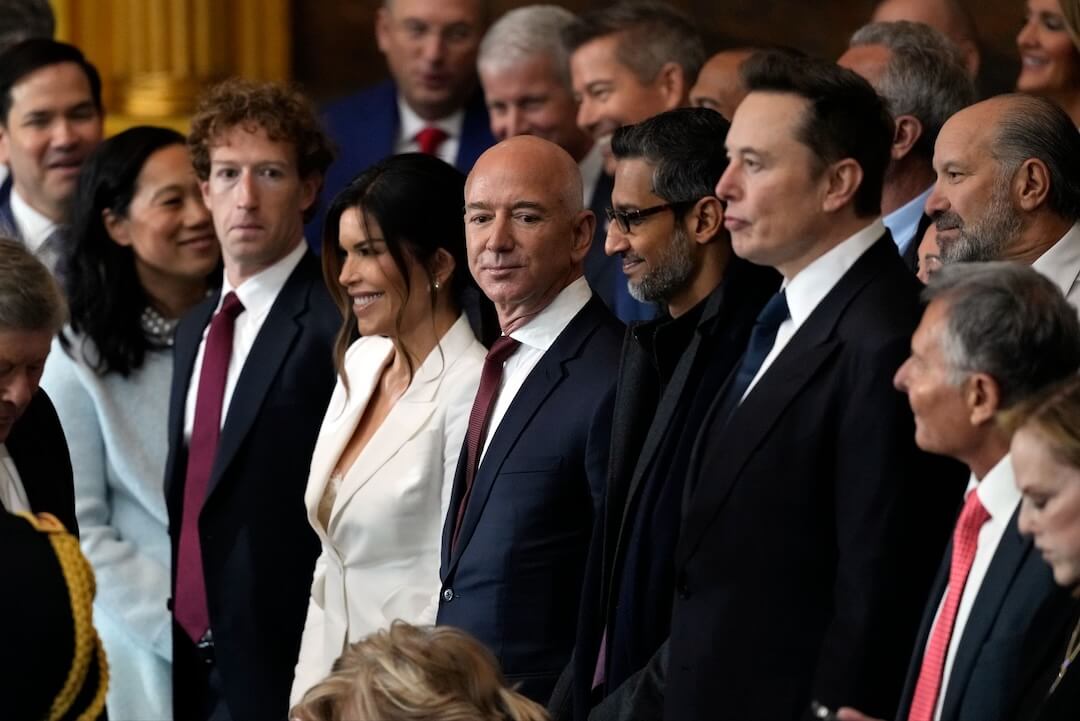Political fact-checking as a form of journalism is booming — if fragile.
Part of its appeal, especially outside the United States, where a majority of fact-checkers are not affiliated with a news organization, is that it can be a low-cost and high-impact form of organized citizen journalism.
Before joining Poynter, I ran one of these scrappy non-American outfits. Here are 7 tips I learned along the way.
1. Learn how misperceptions spread and which corrections are most effective. There is a wealth of research on how people change their minds on social media (it does happen) and which formats are best suited to fact-checking effectively. You should also familiarize yourself with belief echoes, social media echo chambers, the interaction between partisan bias and factual belief and the effect of fact-checking on politicians. If you actually mean to make a difference with your fact-checking, you should make sure you understand how readers and politicians will be reacting to it.
2. Determine what and whom you want to fact-check. Don’t overstretch yourself and give readers expectations you can’t meet. If you are a team of two or three people, concentrate on a handful of key public figures or topics and cover them consistently. Even with larger teams, be sure to limit what you will and won’t cover so readers know they can understand how to use your site as a resource to return to rather than a haphazard collection of fact checks. Moreover, selection bias will only become harder to overcome if you make your potential sample of fact-checkable claims too broad.
3. Establish a methodology and make it public. Fact-checking is extremely simple to explain but harder to put into action in a consistent manner. Decide how you will select claims in a way that will minimize potential bias and maximize utility for readers and impact on politicians; make it clear which sources are reliable and which aren’t; if you give ratings explain very clearly how they are assigned and what the difference between them is. Publish your methodology (check out some examples here). And be sure to have the most transparent and honest corrections policy of anyone in your media context. Both of these things will help when you get backlash from politicians or party activists.
4. Fact-check everything — but be ready to admit ignorance. Giannina Segnini, a Costa Rican investigative journalist, once told me that “Data from the United Nations is being treated as if it were the word of God. I am against that.” Fact-checkers should have the same healthy dose of skepticism when consulting any primary source to verify a claim, whether it is the UN or a peer-reviewed journal. Some claims you will just not be able to fact check; other times you will have to make clear what can and can’t be fact-checked with available data.
5. Consider which formats will help you have the greatest impact. Fact-checkers love hypertext: it allows them to provide additional context and correct attribution to complex articles. Yet long walls of text are not the most effective way to reach all audiences. Possible alternatives include partnering with a larger media outlet that will run condensed versions of your fact checks; going on TV and using formats younger audience appreciate, from GIFs to animated videos and Snapchat.
6. Decouple your funding from the electoral cycle. Funders and clients may be especially receptive to supporting your work during heated campaigns and then suddenly less bothered once the elections are over (as if politicians stop twisting facts after voting is over — or it becomes less urgent to keep them accountable). Make sure to find funding or buy-in that goes beyond the short-term before you launch or you won’t have the time or energy to do so until it’s too late.
7. Build a great team. Perhaps this is true of any human endeavor, but you will go nowhere without a group of honest colleagues who sincerely share the public service mission of fact-checking. You don’t need experts in everything, though mixed academic and professional backgrounds definitely help. You do need a group of curious generalists with their heart in the right place. You are also unlikely to go far by yourself; every fact-checker needs someone else to fact check his own work. The more scrutiny, the better.
If you are hankering for more (spam alert!), I will be hosting a webinar on fact-checking this Thursday on Poynter’s News University. We will also be launching a free online self-directed course in June thanks to contributions from the Omidyar Network and the National Endowment for Democracy.







